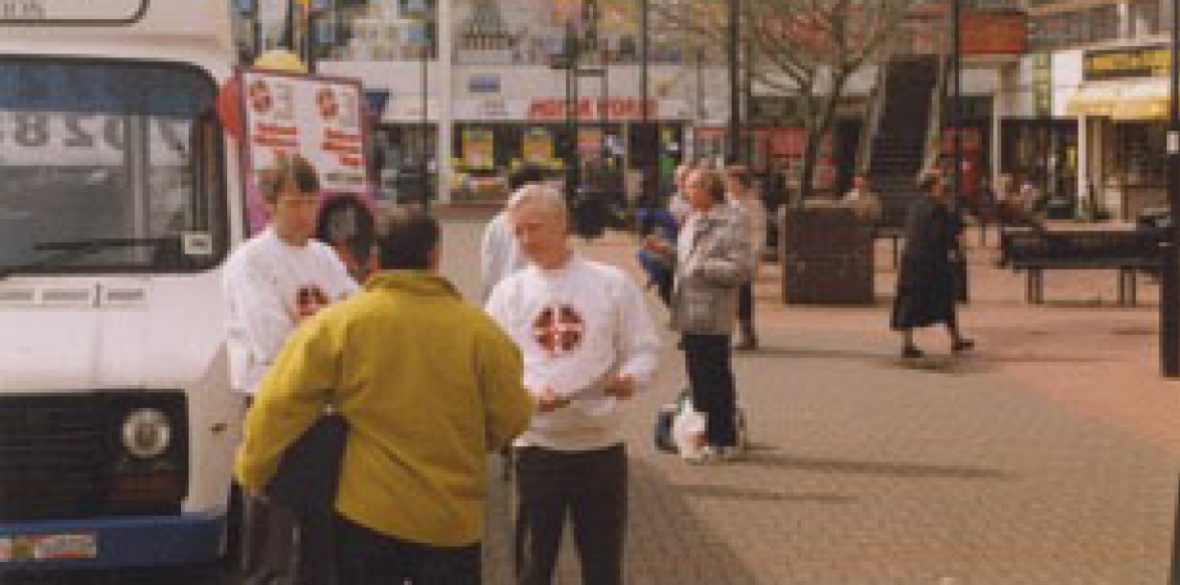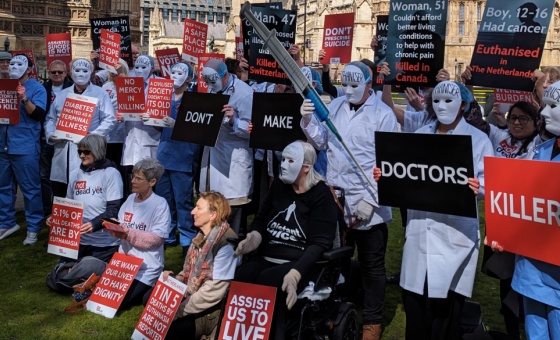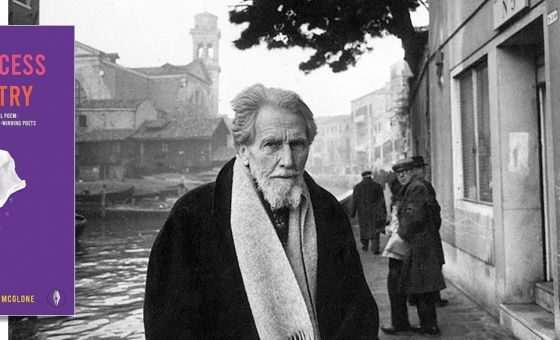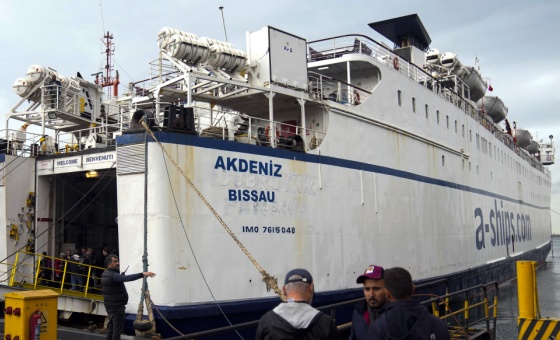This is the last article you can read this month
You can read more article this month
You can read more articles this month
Sorry your limit is up for this month
Reset on:
Please help support the Morning Star by subscribing here
IT IS 20 years since the National Minimum Wage was introduced – an achievement the labour movement can be rightly proud of. At the time, I spent a week travelling around Cornwall in an old T&G battle bus giving people advice about the new law.
Labour had been spooked in the face of a massive onslaught from employers and the Tories who claimed jobs would be lost. So the initial rate was modest. But for many workers in places like Cornwall it meant a significant pay rise – especially women workers.
Our little campaign, Fair Pay for Cornwall (Gerber tek rak Kernow), was well received but we met employers stating they planned to fire workers once they reached the age of the higher rate or boasting how they could fiddle it.
Even the local newspaper refused to carry a story we uncovered about bus workers not being paid for the hours to get buses ready or sort them out at the end of the day. This took them under the new legal minimum wage. But the Truronian bus company was a big advertiser in the local paper and the reporter ran scared. The union got it sorted in the end.
The Tories now don’t dare abolish the policy – one minister even had to apologise for claiming they introduced it!
After its introduction, the National Minimum Wage initially rose faster than average pay, but 20 years on it has since fallen behind. Today, workers earning the national minimum wage struggle to support their families against increasing living costs. This now undisputed basic right for workers needs to be raised much higher and enforced more stringently.
Still fighting for better pay
New statistics about rising poverty, especially in-work poverty, show how badly we need to bring the national minimum wage to £10 an hour and strong unions. At the last count, some 600,000 working households are living in poverty in south-west England.
The pay squeeze at a time of low unemployment apparently puzzles economists. Yet it is no surprise to trade unions that the fragile, insecure nature of employment has held pay down and hit the confidence of workers to demand a pay rise. The system is broken. Low pay, precarious work and the benefits freeze is forcing more families below the breadline.
We need to redesign the economy to make it fair again. People in the south-west need more control over their working lives and a fairer share of the wealth they create.
That means banning shady practices like zero-hours contracts, raising the minimum wage to £10 an hour, and more importantly it means giving all working people the freedom to have a trade union in their workplace negotiate fair pay and conditions for working people.
Still fighting for workers and stronger unions
Delegates from unions across the south-west come together this weekend to consider how we raise our voices for a new deal for working people – especially when Brexit dominates politics. At a time when we should be setting out our vision for a new economy, we are being forced to defend some of the best jobs in the region.
The announcement to close Honda in Swindon, together with other ominous news from our manufacturing sector, was a body blow – especially the disgraceful way it was handled with workers finding out on social media and camera crews outside the factory. The decision is being fought and Unite is making the case to the Honda management in Japan.
Global business can shift its resources around the world and the Brexit result cut reasons to invest in the UK. Whatever happens with Brexit, international solidarity will be even more critical. It was great to hear support from Honda union reps across Europe at the big rally in Swindon last weekend.
The labour movement will do all it can to back Unite in its struggle at Honda. Whatever happens, workers there and across the region will need new skills and knowledge to be in the best place to face the future of work.
Automation and the need to shift to a low-carbon economy challenges unions to ensure that access to training is readily available and free.
Drastic cuts to funding for adult learning by almost 50 per cent has meant fewer people in work are able to upskill and retrain throughout their working lives.
Colleges are increasingly becoming the preserve of young people, and we are at risk of raising a generation of workers who don’t understand the meaning of lifelong learning. Employers and the government must fund a revolution in adult skill training with unions at the heart of it.
The crisis at Honda also confirms the need for unions to lead the case for a low carbon-based economy. Climate change is the emergency we must address and those organisations that build their future to protect rather than harm the environment will succeed.
Unions must be seen as allies of the striking school students who are taking action to demand a more rapid shift away from fossil fuels and plastics. The South West TUC annual conference will discuss this and other ways to reach young activists and workers who are not ground down by the sense of hopelessness and cynicism that bad employers and the Tories rely on.
There are many exciting initiatives around and unions need to share ideas as well as calls for solidarity. Unity remains the watchword – it was how we won the National Minimum Wage 20 years ago and it will be how we achieve a new deal for working people now and into the future.
Nigel Costley is South West TUC general secretary.











